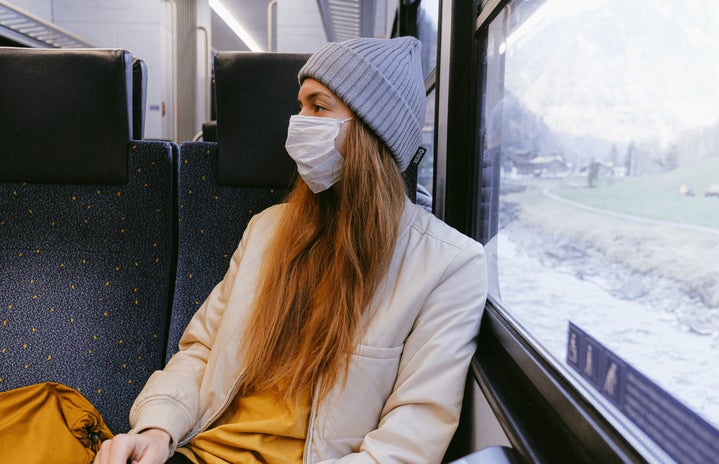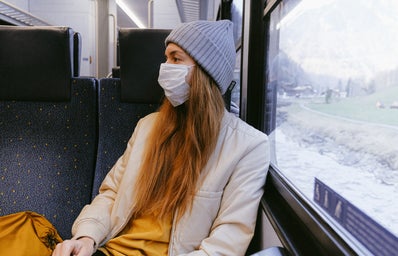The anti-vax rhetoric is staying strong even as we head towards summer, with many suggesting waiting to get their first shots due to a variety of .concerns. Conspiracies and myths have continually riddled the development and administration of this vaccine. Back with more information and addressing your concerns about the COVID-19 vaccine is Dr. Purvi Parikh, an investigator for the COVID-19 vaccine at the NYU Vaccine Center and an allergist and immunologist with the Allergy & Asthma Network.
Her Campus (HC): A common myth brought up by our audience includes the idea that getting the vaccine means injecting yourself with COVID-19. Is that true?
Dr. Parikh (DP): There are two vaccine types currently approved in the US for emergency use. The first — the mRNA vaccinem which both Pfiizer and Moderna are — basically is the vaccine of the future. One, it has no COVID in it at all, dead or alive, and that goes for Johnson & Johnson as well. There is no way you can actually be injected with the virus from any of these vaccines.
With mRNA, it’s almost like a Snapchat message. The mRNA delivers a message to your immune system and teaches your immune system how to become immune, and then it goes away very quickly. That’s why it may give you a cold. In a week to two, it will be completely out of your system, and that’s why I like that Snapchat analogy. That way your immune system becomes immune without you having to get sick, and the mRNA is gone from your system.
The second technology is what Johnson & Johnson uses. They use an inactivated common cold virus which acts like a vehicle that transports information about the coronavirus into your immune system, and the immune system gets the instructions that way. These are just two different ways to teach your immune system to be immune, but neither have any coronavirus in it at all. You can’t catch COVID from either of the vaccines.

HC: Many women are also concerned that the vaccine could cause infertility or issues during childbirth. How accurate, or inaccurate, is this idea?
DP: I can definitely say that it will not cause infertility. The reason I know that is because women who have received both Pfizer and Moderna vaccines during the studies, as well as early on in the vaccine efforts, have since become pregnant. Also, just from a scientific perspective, it doesn’t make any sense as to how that would occur, because the actual vaccine isn’t in your body very long. It’s a week to two weeks max. So, it really doesn’t make any sense as to how it would biologically impair you.
From personal experience, I’m also a woman of childbearing age and I plan to start a family soon and I have taken the vaccine. I wouldn’t have taken it if I had felt like there could be the slightest risk of that.
HC: A pretty large myth spread around is that if you take the vaccine, you don’t have to wear a mask. How accurate is this?
DP: If you are fully vaccinated, you should still wear a mask — especially if you’re out in public or around other unvaccinated other people, because you can still catch COVID-19 even if you are vaccinated. I know someone who got sick even after they were vaccinated because they were around someone who was unvaccinated in their household. Because you can still get sick – even though it will be milder – you can pass it on to others, as well.
The current guidelines say that if everyone has been fully vaccinated, you can gather in small groups; then it’s safe and masks are able to be off. When the majority population has been vaccinated, then there will be no more mandated masks but right now, it’s too soon. Masks also prevent variants of COVID-19, as well.
It’s important to do your own research – rather than just listening to Facebook comments or word of mouth – to make an informed decision as more and more vaccination appointments become available to the general public. Our audience had a lot of questions about the COVID vaccines, and asking was the first step to becoming informed!


